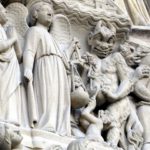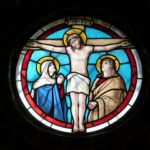
By Mark W. Christy, PhD
In this article, the salvation plan of various individuals who frequently are associated with the Prosperity Gospel Movement are laid out and examined to determine the degree of similarity and whether or not potential errors may be involved. Overall, they typically present a soteriology that could easily be construed to be correct given the simplicity and lack of detail in their statements. While their approach does not typically cross the line into confirmed heresy, ...
Read More








